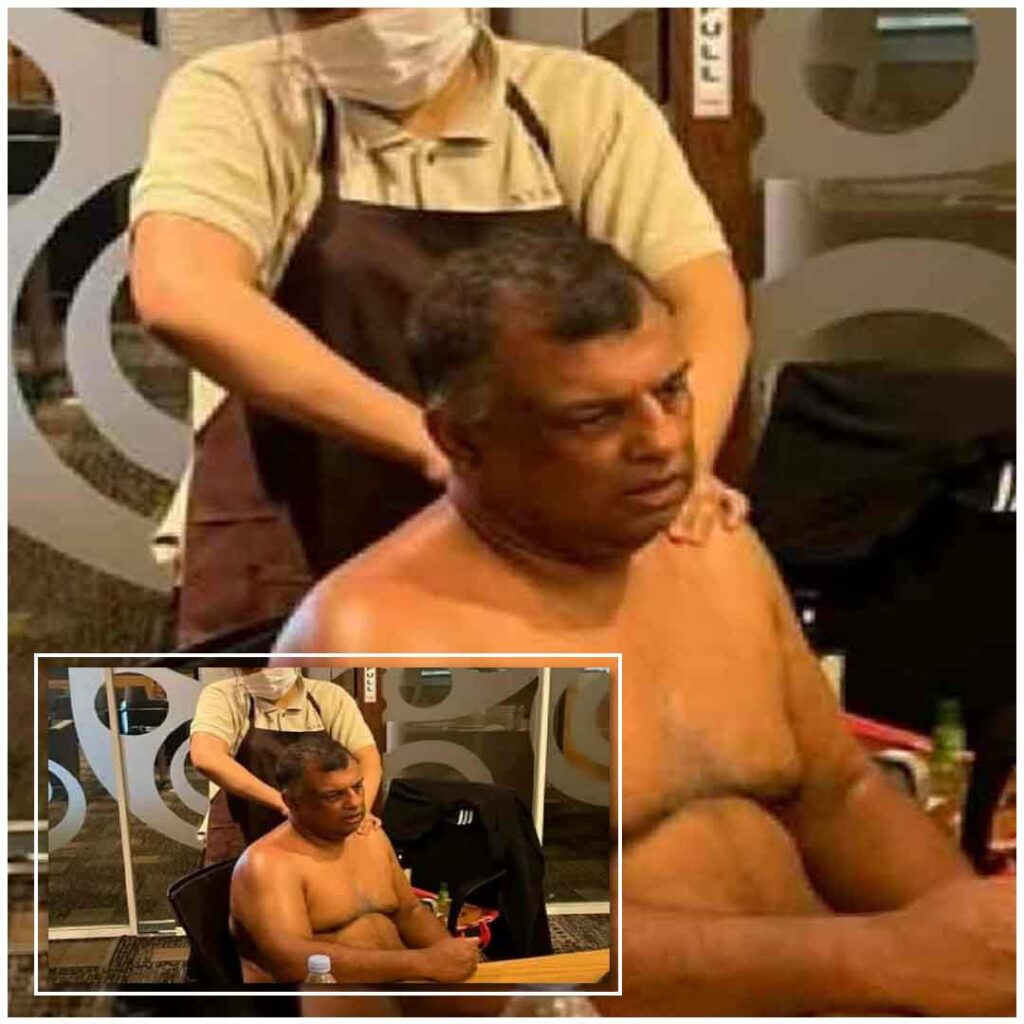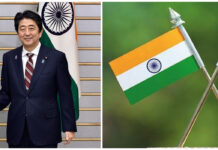In an age where virtual meetings have become the norm, it is essential for business leaders to navigate the digital landscape with finesse, maintaining professionalism and upholding the respect of their positions. Unfortunately, not all leaders have adapted to this new reality, as evidenced by the recent controversy surrounding Tony Fernandes, the CEO of AirAsia. This incident, which involved Fernandes receiving a massage during a crucial virtual meeting, has ignited a firestorm of debates on leadership, etiquette, and the boundaries between personal and professional life in the digital age.
The Controversial Video
The controversy began when a video of Tony Fernandes receiving a massage during a virtual meeting surfaced on social media. In the video, Fernandes appeared comfortably seated in his home office while a masseuse worked on his shoulders. It was evident that he was fully engrossed in the massage, paying minimal attention to the ongoing business discussion. His colleagues and stakeholders attending the meeting were visibly surprised and uncomfortable.

#MassageGate: The Social Media Backlash
The incident swiftly gained traction, with the hashtag #MassageGate trending across various social media platforms. The public’s response was swift and divided, highlighting a multitude of perspectives.
- Unprofessional Behavior: A significant portion of the online community condemned Fernandes for his actions, considering them highly unprofessional and disrespectful to his colleagues. They argued that his conduct during a crucial business meeting undermined the company’s image and sent the wrong message to employees and stakeholders. Many believed that it was essential for a CEO to lead by example, especially during virtual meetings, which have become an integral part of corporate culture.
- A Relaxed Work Environment: On the flip side, some defended Fernandes, asserting that virtual meetings, particularly during the COVID-19 pandemic, had blurred the lines between personal and professional spaces. They pointed out that remote work had created a more relaxed work environment, where occasional interruptions or personal comforts were understandable. This camp believed that many employees faced similar challenges and distractions while working from home.
Fernandes’ Response and Apology
As the controversy escalated, AirAsia initially remained silent on the matter, further frustrating those who sought an official response. Ultimately, Tony Fernandes addressed the issue himself, taking to social media in a series of tweets and a video statement. He admitted that his actions had been a lapse in judgment and issued a heartfelt apology to anyone who had been offended or disappointed by his behavior. Fernandes emphasized that he took full responsibility for his actions and promised that such incidents would not happen in the future. His apology was met with a mix of acceptance and skepticism.
The Broader Implications
The incident involving Tony Fernandes offers several key insights into the dynamics of modern business and corporate leadership:
1. The Changing Nature of Leadership: This incident underscores the evolving nature of leadership in a digital world. Leaders are expected to set an example for their teams, not only in the boardroom but also in virtual settings. The incident serves as a reminder that maintaining professionalism, even in the comfort of one’s home office, is of paramount importance.
2. The Power of Social Media: In the age of social media, actions of corporate leaders are under constant scrutiny. The incident highlights how a misstep can quickly become a public spectacle, affecting not only the leader’s personal reputation but also the organization’s public image.
3. Balancing Personal and Professional Space: With remote work becoming more common, the lines between personal and professional life have blurred. It’s essential for leaders and employees alike to navigate this transition while maintaining a level of professionalism and respect during virtual meetings.
Conclusion
As the controversy surrounding Tony Fernandes subsided, it left a lasting impact on the business world. It serves as a poignant reminder to all business leaders that their actions can significantly impact their organizations’ reputations and public perceptions. The incident underscores the importance of adapting to the changing dynamics of the workplace, maintaining professionalism, and being mindful of one’s behavior in both physical and virtual settings. In an era where digital etiquette is as crucial as traditional professionalism, leaders must be vigilant in upholding the respect and decorum of their positions.






















